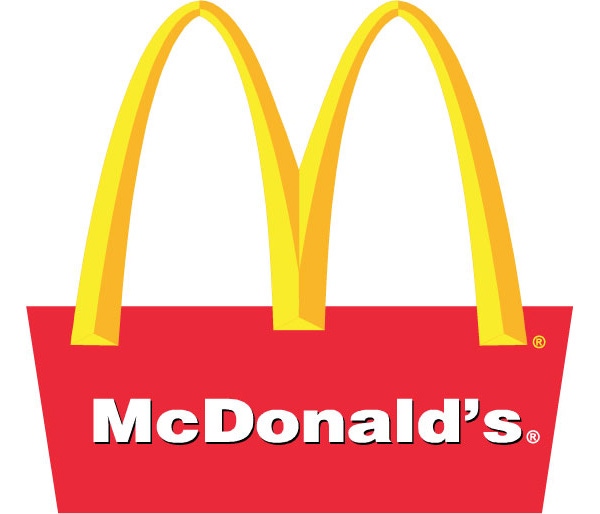McDonald's Corporation issued a press release this week indicating it will require its U.S. pork suppliers to outline a plan to phase out the use of sow gestation stalls.
February 14, 2012

A press release was issued this week on letterhead prominently featuring the logo of McDonald’s Corporation side-by-side with the logo of the Humane Society of the United States (HSUS). The headline reads, “McDonald’s Takes Action Toward Ending Gestation Stall Use; Humane Society of the United States Supports Effort.”
In the press release, McDonald’s Corporation announced that it will require its U.S. pork suppliers to outline their plans to phase out of the use of sow gestation stalls. The text of the release continues as follows:
“McDonald’s believes gestation stalls are not a sustainable production system for the future. There are alternatives that we think are better for the welfare of sows,” said Dan Gorsky, senior vice president of McDonald’s North America Supply Chain Management. “McDonald’s wants to see the end of sow confinement in gestation stalls in our supply chain. We are beginning an assessment with our U.S. suppliers to determine how to build on the work already underway to reach that goal. In May, after receiving our suppliers’ plans, we’ll share results from the assessment and our next steps.”
“The HSUS has been a long-time advocate for ending the use of gestation crates, and McDonald’s announcement is important and promising,” said Wayne Pacelle, The HSUS’ president and CEO. “All animals deserve humane treatment, including farm animals, and it’s just wrong to immobilize animals for their whole lives in crates barely larger than their bodies.”
McDonald’s actions are backed by leading independent animal welfare experts, including renowned scientist Dr. Temple Grandin. “Moving from gestation stalls to better alternatives will improve the welfare of sows and I’m pleased to see McDonald’s working with its suppliers toward that end. It takes a thorough plan to address the training of animal handlers, proper feeding systems, and the significant financial investment and logistics involved with such a big change. I’m optimistic about this announcement,” said Dr. Grandin.
Gorsky added, “We are pleased to see a number of our U.S. suppliers adopting commercially viable alternatives. For example, Smithfield Foods and Cargill have made significant progress in this area. We applaud these, and future efforts.”
You May Also Like



